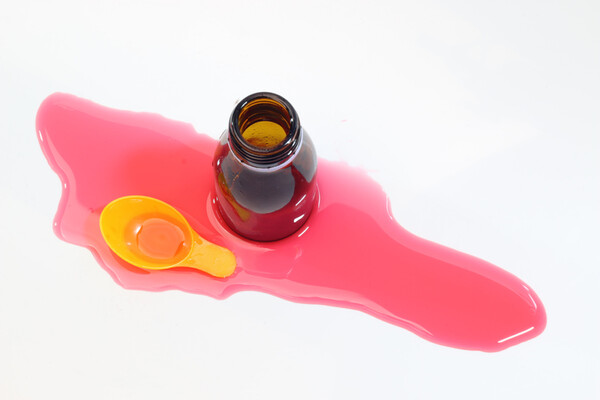Pharma industry on alert as WHO may classify aspartame as possible carcinogen < Policy < Article
The Korean pharmaceutical industry is closely monitoring whether the WHO will designate aspartame as a possible carcinogen because chewable tablets and syrups for colds and digestion often contain aspartame.
WHO’s consideration to classify aspartame, a sweetening artificial sweetener, as a possible carcinogen (2B) is causing ripples in the local pharmaceutical industry. (Credit: Getty Images)
The International Agency for Research on Cancer (IARC), affiliated with the WHO, said it would classify aspartame, a sweetening artificial sweetener, as a possible carcinogen (2B) on July 14. The Joint FAO/WHO Expert Committee on Food Additives (JECFA) is also expected to release a safe consumption standard for aspartame.
Aspartame has a sweeter taste than sugar but almost no calories, so it is used in a variety of areas, including food, alcohol, and medicine.
In the pharmaceutical industry, aspartame is used more often used in antibiotic syrups and chewable tablets to ease the bitter taste when taking medicines because the substance is less sweet than sucralose and less soluble in water than sucralose.
In Korea, 692 types of drugs including prescription and over-the-counter (OTC) drugs contain aspartame, according to the Ministry of Food and Drug Safety.
Among prescription drugs, 112 different chewable montelukast tablets contained aspartame. Among OTC drugs, the tendency to include aspartame was prominent in chewable vermicide drugs, chewable and syrup-type digestive treatments, and cold medicine syrups.
‘Psychological factor is the real problem’
However, the pharmaceutical industry is less concerned about the impact of aspartame possibly being classified as a carcinogen than the food industry.
The use of aspartame in medicines is unlikely to be a significant problem, as it is used in small amounts, some industry officials said.
Still, a pharma industry source said the psychological factors for patients taking drugs containing aspartame may be “the real problem.”
“Because of the nature of medicine, we have to think about the damage caused by the perception from patients that their medicine contains possible carcinogens,” said the official, who wished to be unnamed due to the sensitivity of the matter.
In addition, changing the formulation of a drug due to aspartame is much more complicated than doing it for food and drinks.
“In the case of food and drinks, it is not a problem to change the additives, but in the case of medicine, we have to look at various issues,” another industry watcher said. “It is likely that the industry will move only after the MFDS has established its position.”
MFDS says aspartame has ‘no safety concerns’
Despite expectations that the pharma industry will have little impact with aspartame possibly designated as a carcinogen, the food and drink industry is taking proactive measures before the IARC’s announcement.
The kimchi and soda industries, expected to be hit hardest by the WHO’s announcement, are planning to remove aspartame from their products.
According the MFDS, about 88 percent of kimchi imported from China into Korea in June used aspartame as one of the ingredients. This information led to speculations that the use of aspartame by Chinese kimchi importers will decrease eventually.
The situation is similar for beverage companies. Lotte Chilsung Beverage, which uses a small amount of aspartame in its three Pepsi Zero flavors — lime, mango, and black –, has reportedly started discussions with its global headquarters about using an aspartame alternative.
However, the MFDS said there is currently no cause for concern as the risk of aspartame among Koreans is not high. The amount of aspartame consumed by Koreans is substantially low, the ministry emphasized.
According to a report on food additives published by the MFDS in 2019, the intake of aspartame in Korea was about 0.12 percent of the acceptable daily intake (ADI).
The MFDS had concluded that there were no safety concerns.
Still, if aspartame is classified as a possible carcinogen, the MFDS said it plans to conduct a risk assessment and prepare safety management measures.
As these procedures take time, it is unlikely that aspartame will be banned in Korea immediately, observers said.
“The level of aspartame consumption in Korea is low, and this position has never changed,” MFDS spokesperson Kang Baek-won said in a briefing on Monday. “When the IARC makes the official announcement, we will go through expert consultation based on the data and closely monitor what other countries are doing.”
There is also the fact that IARC standards don’t always have an absolute impact on domestic standards.
When the IARC classified processed meat, such as sausage and ham, as Group 1 and red meat as a 2A carcinogen in 2015, the MFDS conducted a test but found no significant impact on domestic standards.
No Byline Policy
Editorial Guidelines
Corrections Policy
Source
